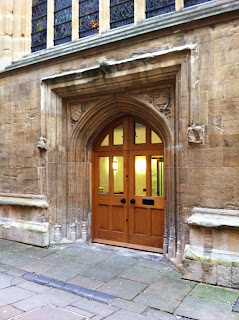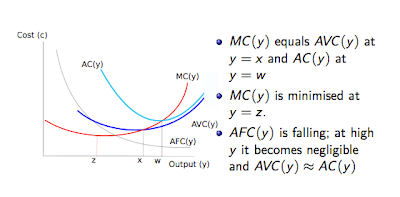Beginning with the Manchester IV, my first experience of a competitive debating competition began with actually getting to the competition - that is, traveling to Manchester. Luckily, the Oxford Union reimburses travel costs for its debaters but only so long as they take the least expensive form of transportation, which means that all of us competing had to take the roughly three hour train ride there and back. It also meant that I had to purchase a “Young Person’s Railcard” in order to qualify for the discount that met the criteria for “least expensive form of transportation.”
 |
| What a lovely picture of me. |
Nonetheless, we eventually made it to Manchester, grabbed some dinner at the high-end dining establishment known as Gemini Take-Away, and the five of us spent the night in a student’s room. Three of us got the floor, including myself. The next night, there were seven people, so things did get slightly crowded. Also, for all the people in the flat as a whole, which included ten or so Oxford debaters as well as our three hosts, there was only one bathroom. Taking a shower required getting up quite early in the morning.
Anyway, the next day, we went down to the University to begin the competition proper. I met my partner, Ryan, for the first time, and we got ready for the first round. To clarify exactly what went on for the next several hours, I present the following detailed summary of British Parliamentary debating:
Honestly, that page right there sums up the essential concept of BP-style debating much more succinctly than I could. To provide a little more information though, motions vary wildly from proposals such as “This House believes that the U.S. media should not report any details about school shootings other than the fact that they happen” to “This House believes that African American civil rights organization should condemn capitalism.” Furthermore, after each round, teams are ranked from 1st to 4th on the basis of “the persuasiveness of their arguments.” At this competition, speeches were seven minutes in length with fifteen minutes of preparation time beforehand, and there were four main rounds. After those four, the “break” is announced, which simply means those teams that proceed onward to compete for a chance in the finals.
Now, I’m certain that you’re curious as to how my partner and I did in terms of rankings, and unfortunately the short answer is not very well at all. We came in fourth place in the first three rounds and in second place in the last. However, I’m not letting this disappoint me hugely much, as it was only my first competition, I still had a good time, it gave me some valuable experience, and - even with our poor performance - we did not come in last place!
Those of us who did not break to the later rounds still stuck around to watch the two Oxford teams that did proceed. Despite both doing a spectacular job (in my opinion), one of the two was eliminated in the quarter-finals and the other in the semi-finals. And thus concluded my journey to Manchester.
 |
| Bye Manchester! |
Tomorrow, I’ll be traveling to Leeds to act as a “wing” judge (read: assistant judge on a panel), so I’m getting excited for what should be another wonderful experience. Although I am still very much working on getting the hang of BP-debating, I have every confidence that if I keep putting myself out there, attend these sorts of competitions, and involve myself as much as possible, I will eventually improve competitively and I will certainly continue to have a good time.

















































